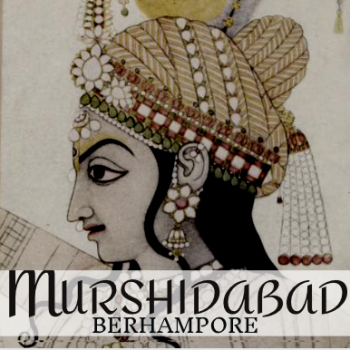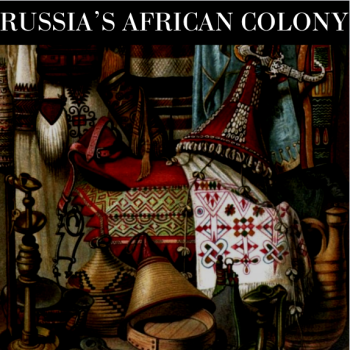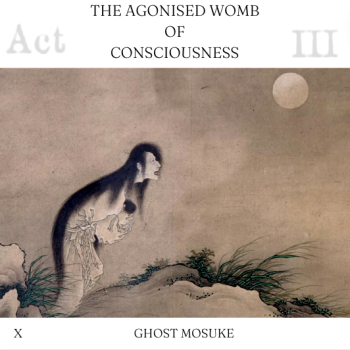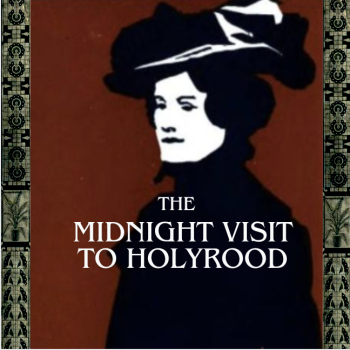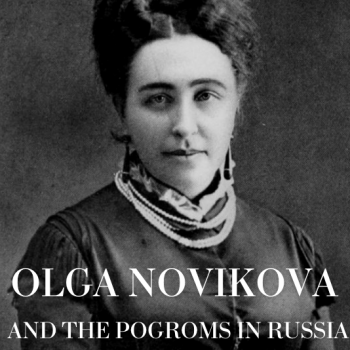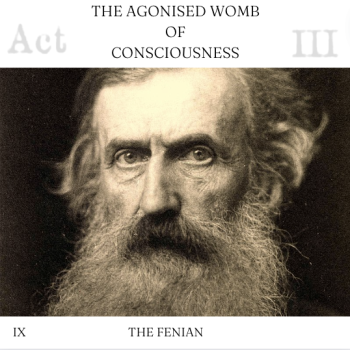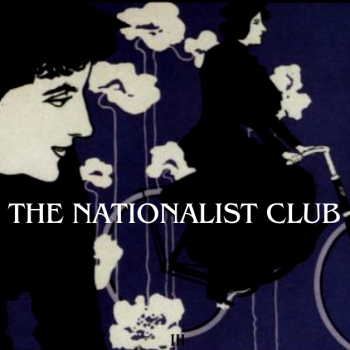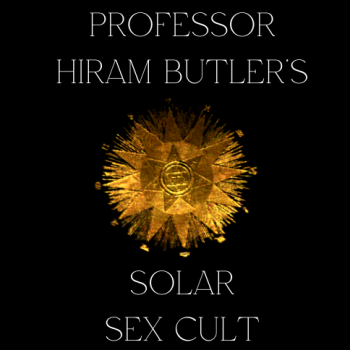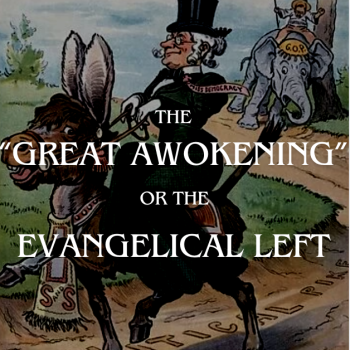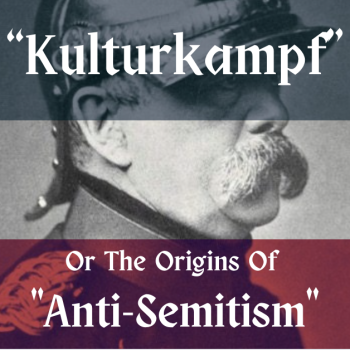BERHAMPORE Charles Johnston Late December 1888-Early January 1889. It was at the junction of the Nalhati State railway, amid the illimitable rice fields of Lower Bengal, where I was waiting, far on in the night, for a train that was to take me to my first post. The engine driver had some doubt as to his skill, so he spent an hour or two practicing, running his little train back and forward a hundred yards or so, and whistling... Read more


